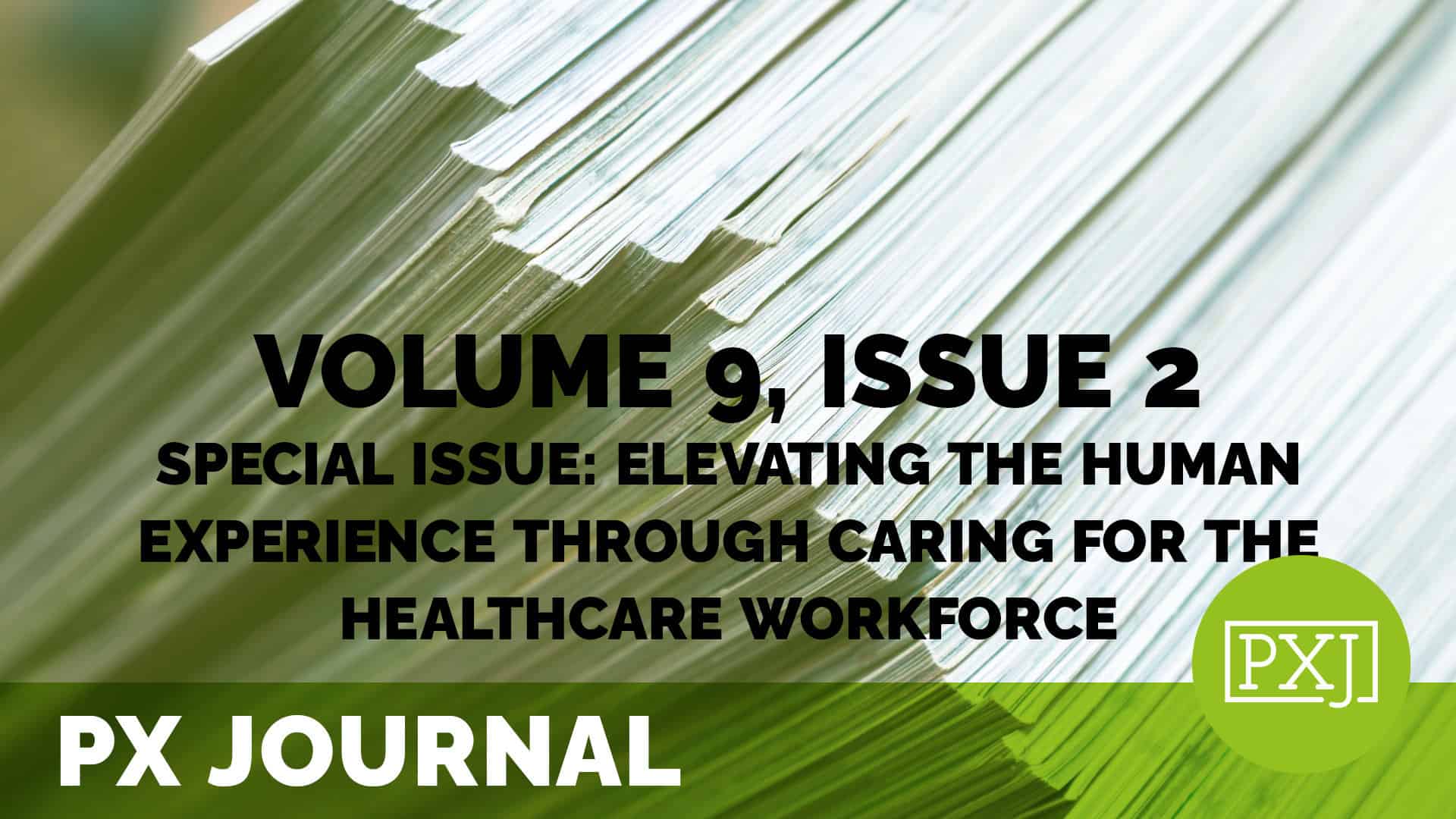Understanding patient and caregiver perspectives using a dyad approach for data collection: A systematic review of the literature

Treatments outside of a clinical setting may be managed independently by the pediatric patient, independently by a caregiver, or by the patient and caregiver together. Best practices for pediatric clinical outcome assessment (COA) recommend patient-reported outcome (PRO) and/or observer-reported outcome (ObsRO) measures to assess the patient experience of a condition or its treatment. However, a dyad approach where patients and caregivers can complete assessments together may be useful for assessing a shared treatment experience that may not be adequately captured by a PRO and/or an ObsRO. A systematic, targeted literature review of empirical literature was conducted to identify and describe published studies detailing dyad patient-caregiver outcome reporting approaches. The search was run in the MEDLINE®, Embase, and PsycINFO® databases using the OvidSP platform and was limited to English-language studies published within 10 years of the conducted search on 28 September 2021, and 13 articles were selected for full-text review based on pre-specified criteria. Advantages and disadvantages for use of a dyad data collection approach are discussed. Though not appropriate for all settings, dyad data collection may be useful for situations where the best practice approach to measurement does not capture all relevant perspectives, or the use of PRO and ObsRO also does not comprehensively capture all relevant concepts. In following, it may offer a pragmatic solution that can minimize the use of proxy assessment and limit missing data, particularly in research involving a shared patient and caregiver treatment experience.
Related content
-
 Patient Family & Community Engagement | Staff & Provider Engagement
Patient Family & Community Engagement | Staff & Provider EngagementThe Importance of Emotional Intelligence in Patient Relations (Part 2)
The Patient Relations department assesses and resolves complex patient issues related to customer service, billing, and patient care daily by researching errors and patient issues and finding the proper solution to satisfy the needs of the patient and their care partners. Individuals possessing a high emotional intelligence (EI) quotient can use their emotions as a
Learn more -
 Staff & Provider Engagement
Staff & Provider Engagement“Soul Snack LIVE!” Restores Staff Spirits
By Genevieve Navar Franklin Shared content by the Patient and Care Partner Community of The Beryl Institute with permission from Kaiser Permanente One of the fundamental objectives of The Patient and Care Partner Community of The Beryl Institute is to bring greater understanding and support to patients and family caregivers. In partnership with our Global
Learn more -
 Staff & Provider Engagement
Staff & Provider EngagementUsing the Right Tools to Uncover the Hidden Factors Impacting Patient Experience
The entire healthcare industry is being reshaped by trailblazers who make personal and emotional connections that will define the healthcare brands of the future. Those unwilling to make changes and adapt to the expectations of forward-thinkers will be left behind. This learning bite explains why organizations that prioritize experience transformation through innovative tools and solutions
Learn more
